What Are The Benefits of a Home Inspection?
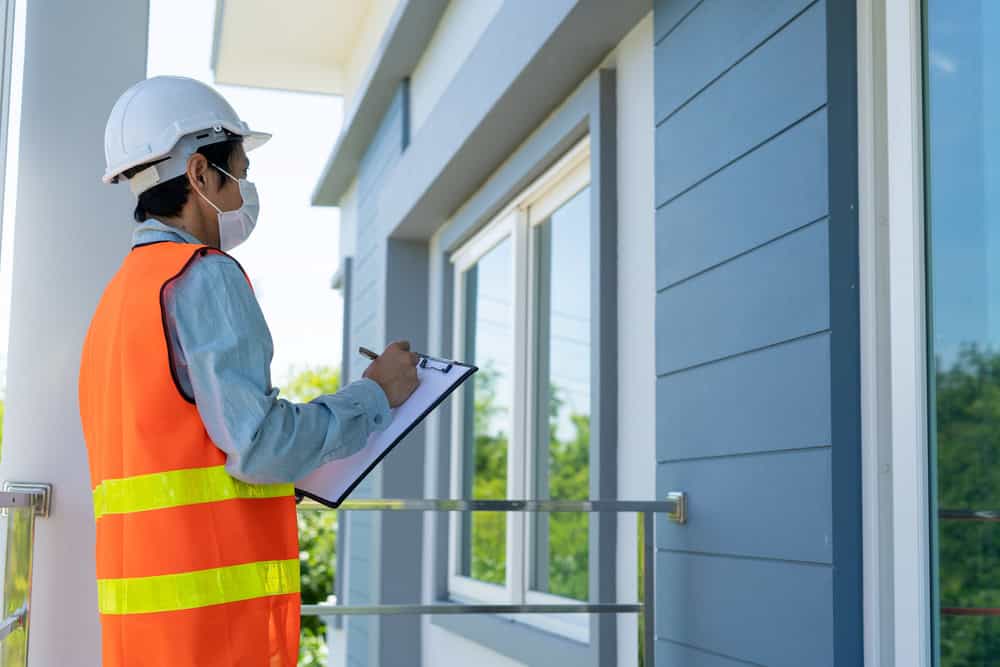
Buying a home is a significant investment. It’s essential to take the time to find a reputable and trustworthy home inspector before you close on a property. Ever been in a situation where you’ve had to call someone for help, or you’ve been in an accident? If so, you know how terrible it can be to have to deal with those unexpected costs. Having a home inspection done by a qualified inspector can help you save thousands of dollars. It can also give you peace of mind knowing that your home does not have any expensive repairs that could surprise you after moving in.
Inspection Coverage
Primary Areas Examined:
- Foundation and grading
- Structural components
- Interior spaces
- Electrical systems
- Plumbing systems
- HVAC equipment
- Roof and attic
- Exterior elements
Required Access Points:
- HVAC systems
- Water heater
- Electrical panel
- Attic access
- Empty appliances
- Utility areas
Included Services:
- Visual inspection
- Component testing
- Detailed report
- Summary of concerns
- Photo documentation
- Maintenance recommendations
Outside Standard Scope:
- Invasive testing
- Wall/ceiling penetration
- Specialized systems
- Hidden components
- Cosmetic issues
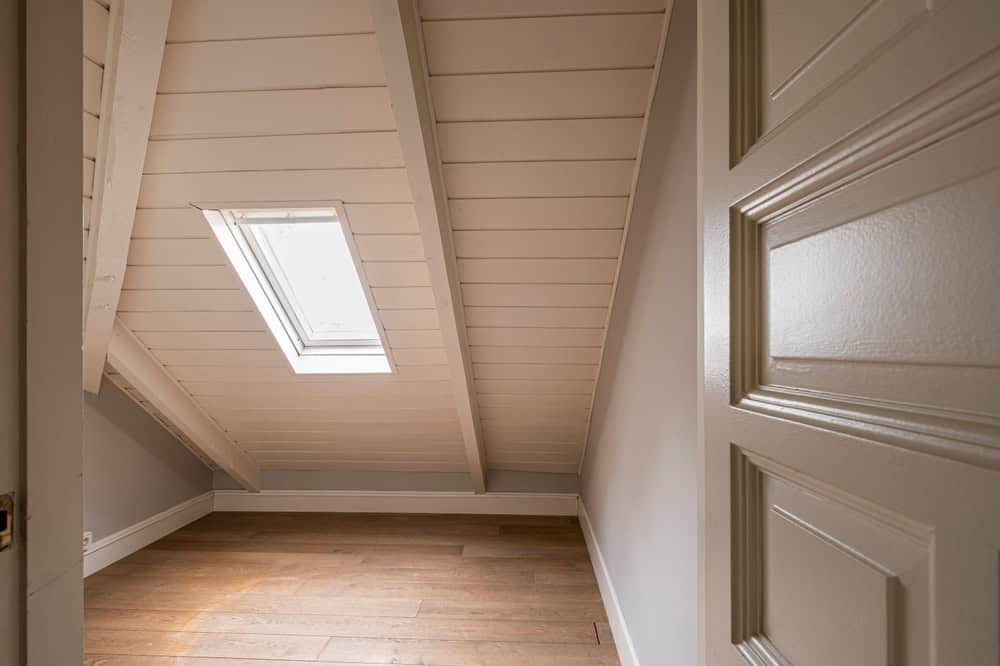
Cost Factors
Typical Price Range: $300-$900
Variables Affecting Cost:
- Property size
- Building type
- Location
- Additional services
- Inspector qualifications

Timing Considerations
For Buyers:
- Schedule immediately after contract ratification
- Allow 5-10 days for contingency window
- Book 2-3 days in advance
- Plan for 2-5 hour inspection duration
For Sellers:
- Inspect before listing
- Address repairs early
- Expedite sale process
- Avoid closing delays
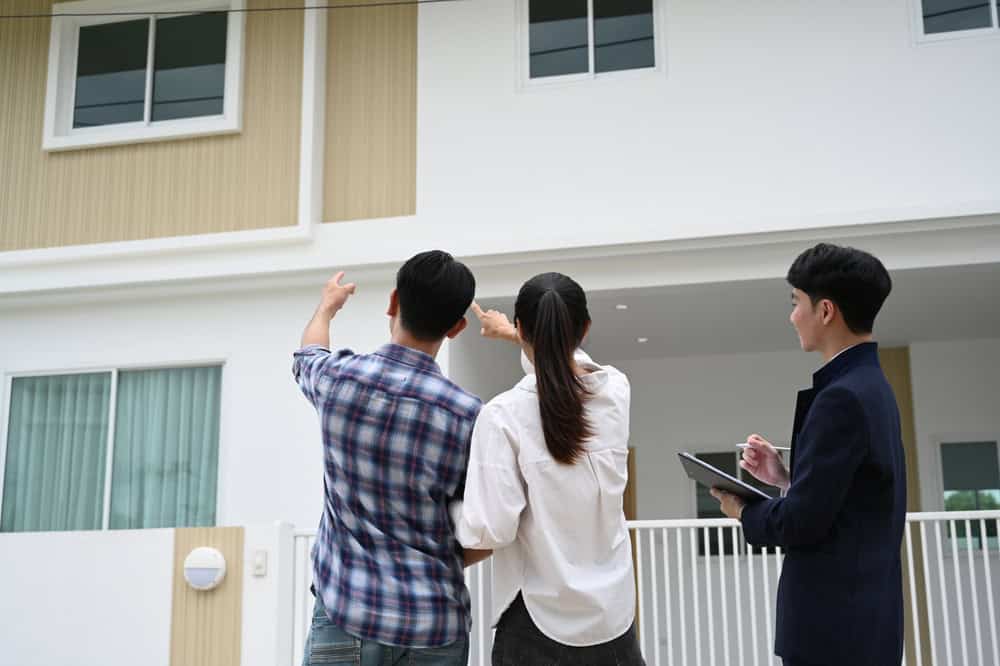
Choosing an Inspector
Essential Criteria:
- State licensing verification
- Professional certifications (ASHI/InterNACHI)
- Positive customer reviews
- Sample report availability
- Additional service offerings
- Insurance coverage

Post-Inspection Steps
- Review findings thoroughly
- Discuss with realtor
- Negotiate repairs
- Consider contingencies
- Plan maintenance
- Schedule follow-up inspections
Regular Inspection Schedule:
- Every 3-4 years
- After major weather events
- Before selling
- When problems arise
- During renovations
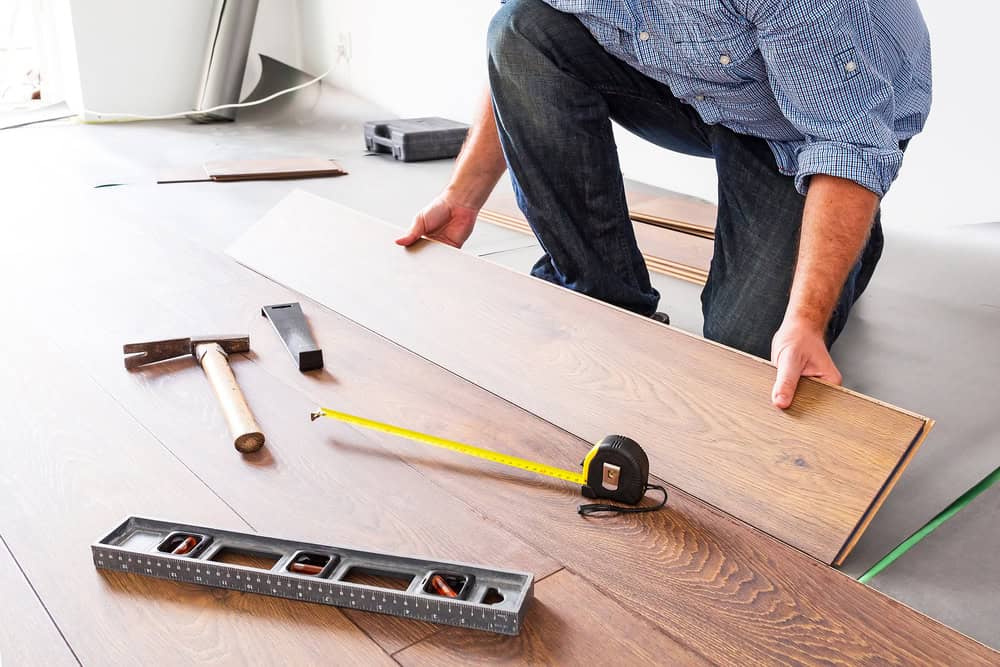
Summary: Residential Home Inspections
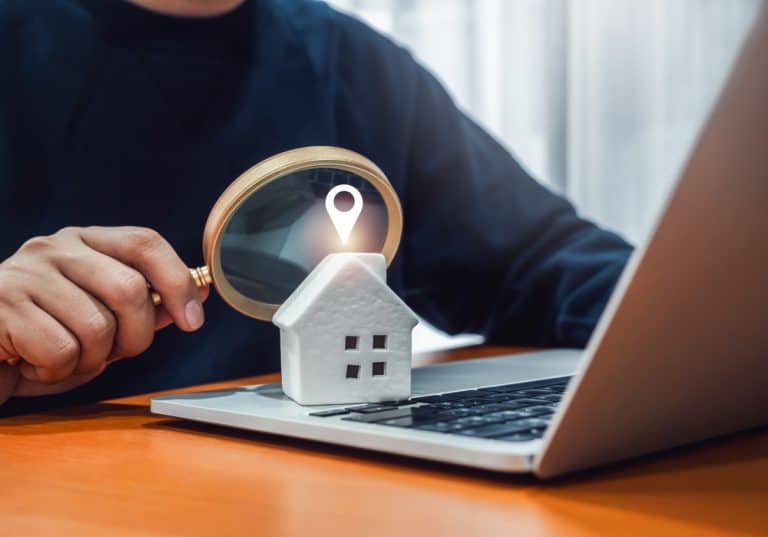
Key Takeaways:
- Select qualified inspector
- Schedule promptly
- Ensure complete access
- Consider additional testing
- Plan regular maintenance
Professional home inspections are crucial investments in property ownership, providing vital information for informed decision-making and long-term maintenance planning.